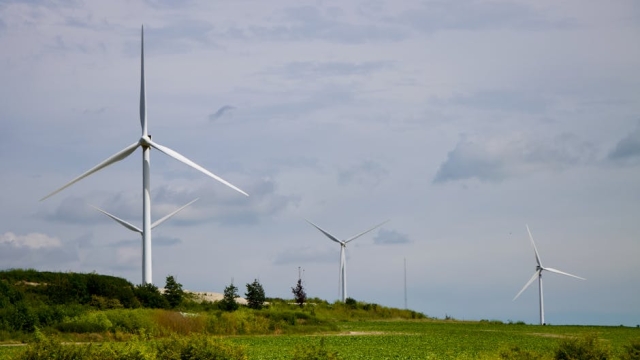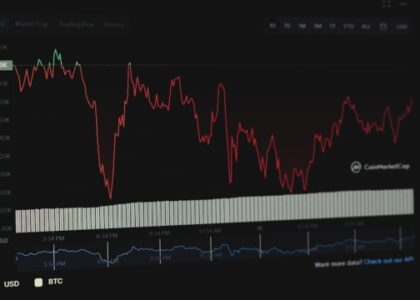
Offshore wind energy has emerged as a vital component in the quest for sustainable energy solutions. As projects expand into deeper waters and more challenging environments, effective offshore resource management becomes increasingly important. This involves optimizing the allocation of resources, ensuring the welfare of workers, and implementing efficient site management practices. By focusing on these key areas, project developers can enhance productivity, safety, and overall project success.
Effective Strategies for Managing Offshore Wind Resources
Successful offshore resource management hinges on the strategic allocation of personnel, equipment, and materials. One effective strategy is to adopt a robust planning process that allows for the anticipation of resource needs at different project phases. This requires comprehensive risk assessments and the use of data analytics to forecast demands accurately.
In addition, establishing strong communication channels among teams is crucial. Regular updates and meetings can help synchronize efforts and ensure that all team members are aware of resource availability and requirements. Utilizing project management software can assist in tracking resource usage and optimizing deployment, thereby reducing waste and enhancing efficiency.
Collaboration with local suppliers and service providers can also be beneficial. By leveraging local expertise and resources, offshore projects can minimize lead times and transportation costs, ultimately improving the overall management of offshore resources. Moreover, engaging with communities can foster goodwill and facilitate smoother operations.
Welfare Solutions for Offshore Workers
The welfare of offshore workers is paramount, not only for ethical reasons but also for maintaining high productivity levels. Implementing comprehensive welfare solutions can significantly enhance the working environment and safety standards. This includes providing adequate living accommodations, access to healthcare, and recreational facilities.
Training programs focused on safety and emergency preparedness are essential. Workers should be well-equipped to handle the unique challenges of offshore environments. Regular drills and safety briefings can reinforce safe practices and ensure that all personnel are familiar with emergency protocols.
Moreover, fostering a culture of open communication can help address any worker concerns promptly. Establishing feedback mechanisms allows workers to voice their needs and suggestions, which can lead to continuous improvements in welfare solutions. Happy and healthy workers are not only safer but also more productive, contributing positively to the project’s success.
Temporary Power Solutions and Site Management Best Practices
Efficient power management is critical in offshore projects, where access to conventional power grids may be limited or nonexistent. Temporary power solutions play a key role in supporting operations, ensuring that equipment has the necessary energy to function optimally. Utilizing modular power systems can provide flexibility and scalability, allowing projects to adapt to changing power requirements easily.
In addition to power management, effective site management practices are vital for the smooth execution of offshore projects. This includes maintaining a well-organized site layout that facilitates easy access to equipment and materials, minimizing downtime. Regular maintenance of tools and machinery can prevent unexpected failures and extend their lifespan.
Moreover, implementing eco-friendly practices in site management can contribute to sustainability goals. This includes waste reduction strategies, recycling programs, and minimizing the environmental impact of operations, which aligns with the broader objectives of offshore wind projects.
Conclusion
In summary, successful offshore resource management encompasses various elements, including effective resource allocation, worker welfare solutions, and efficient site management practices. By prioritizing these aspects, project developers can ensure the smooth execution of offshore wind projects, enhancing productivity and safety while contributing to sustainable energy goals. Integrating these strategies will not only improve operational efficiency but also foster a positive work environment that benefits all stakeholders involved. For those seeking tailored solutions for power management in offshore operations, exploring options for temporary power solutions can be an essential step in optimizing offshore resource management.






